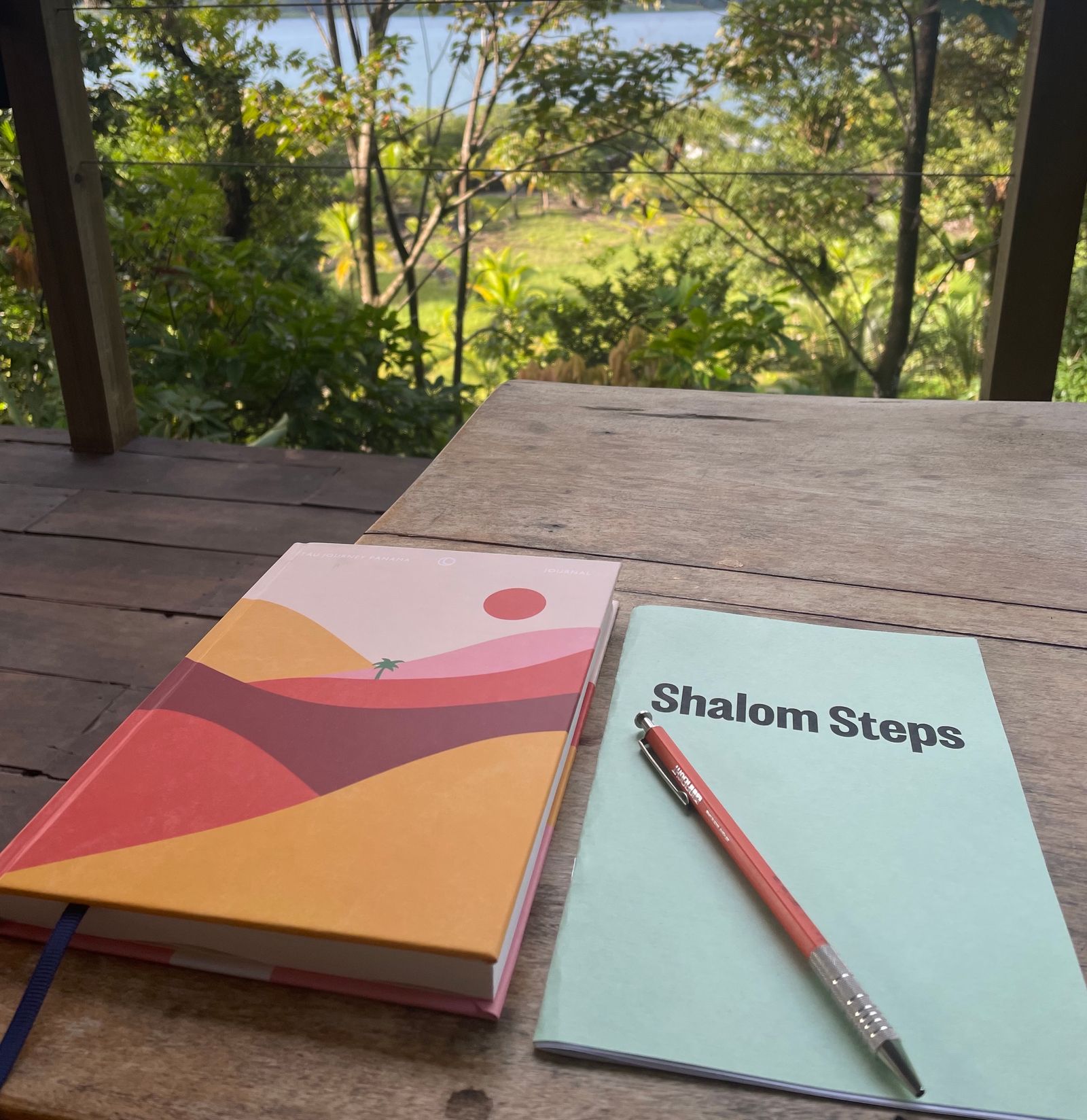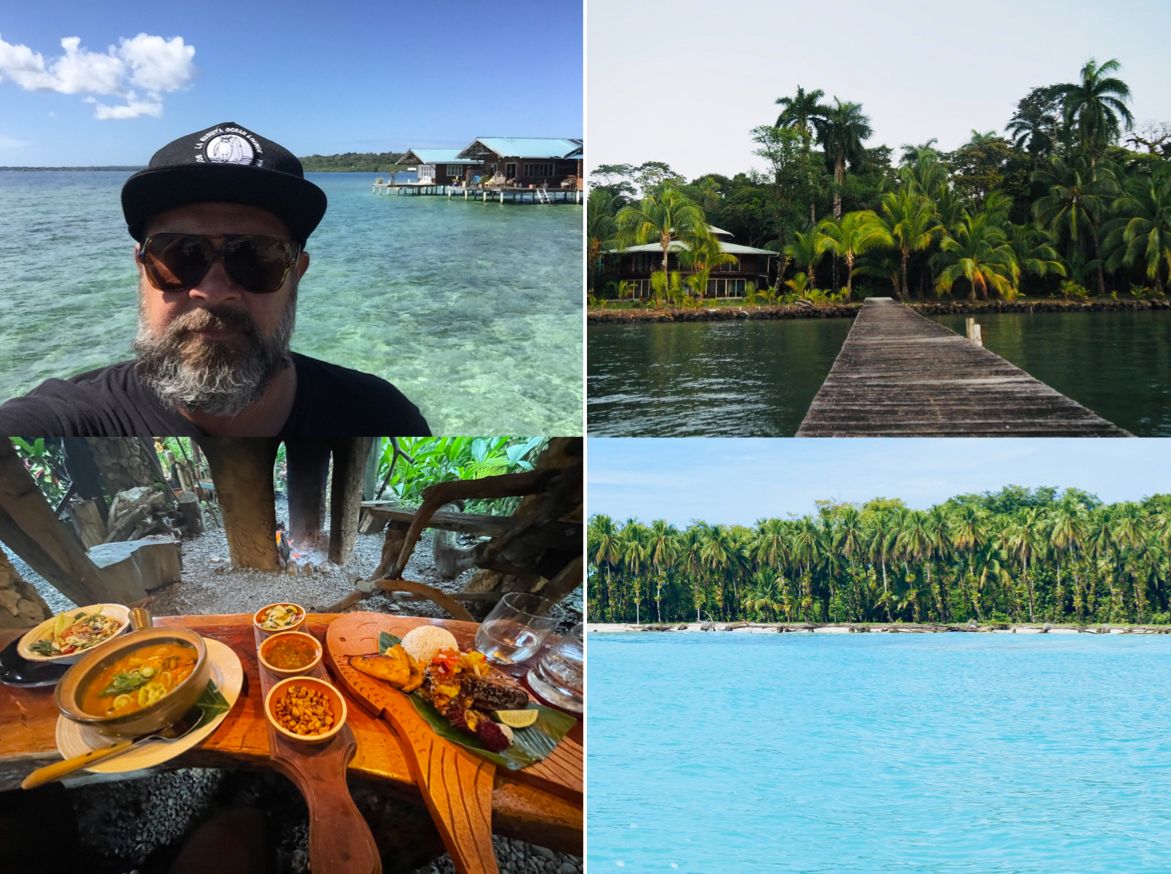This is a guest post from Jessie Steadman, aka "Healthy Coach Jess", a certified health coach, nutritionist, yoga instructor, and Tau contributor.
These days, in my health-coaching practice, I have unexpectedly found that much of my work becomes guiding clients on a journey toward recovering self-compassion. Why is this so, I often ask? Why is it necessary for human beings seeking to improve their physical health – seeking wellness in their body – to begin here: in this place of the heart? As relational beings it makes sense that we must heal our relationship with our body before we can begin to actually heal the body itself. But how did we get here?
The simple answer is obvious and likely comes as no surprise: most of our unhealthy habits of body are motivated by an array of factors that contribute to our general sense of self-disdain, running the spectrum from disappointment to condemnation to loathing. Life is hard and not a single one of us is immune to its pain. Don’t we binge – be it on fries or flicks – because we need to numb the unease, forget the hurt, ignore the shadows? And do our habits not eventually show up in the form of too-tight jeans or elevated blood pressure? Then, in the moment we face the consequences of yet another health goal failure, how do we respond? How do you respond? My guess is that it’s not with self-compassion. And so the cycle goes. The message we internalize again and again is that we are not strong enough, disciplined enough, focused enough or motivated enough to set ourselves free. We have failed. We are simply not enough. Shame grows large and we give this shame a home in our body. Often it's directed at a specific target: we are too tall, too short, too thin, too fat, too dark-skinned, too light-skinned, too weak, too strong, too tired, too shy, or too slow. Our bodies themselves become the locale of not being enough. Meanwhile the dominant culture around us floods into our eyes and ears the message of "not enough" for the sake of making a buck (or millions of them).
A body housing shame is not a safe place to focus our attention. It’s hard to find the motivation to heal something we dislike. It’s difficult to be disciplined enough to cultivate wellness for a bag of bones we can’t enjoy.
And when it comes to learning to trust the physical body – that deep intuition that allows us to listen to and know what our bodies really need – forget it. For many of us, betrayal by our body is what we feel most. This shame, dislike and perceived betrayal leave little room for compassion and keep us from being fully present with our body – with the physical being – that we are. Right here. Right now. Feet firmly on this earth.
How do we recover self-compassion? How do we learn to come home to our bodies? Wellness is a journey and there are many different parts to the work of healing that creates balance in all body-systems, but we will struggle to begin to engage this process unless we first learn to feel safe in our bodies. Until we learn to trust, honor and value our bodies, we will likely continue the destructive cycle of shame and self-rejection. I’ve seen this thwart wellness goals at every single turn.
There is no easy switch to flip from self-condemnation to self-compassion, from rejection of our bodies to embrace of them. Wouldn’t it be nice if all it took was just a once-and-for-all decision to love yourself? But experience has taught us all that change like this doesn’t come quickly or easily. And so, where to make a small first step today?
May I suggest that we start by making friends with curiosity? It is unlikely that we can shift our responses to our bodily journey directly from harsh to loving ones, but what if I ask you to just get curious without judgment?
To start practicing curiosity might look like asking yourself some of the following questions when you notice being drawn toward a choice that might compromise your health or well-being (deep breath in and out, here we go):
-Is my body in pain, discomfort, or unease?
-What other sensations do I feel in my body?
-Where do I actually feel these sensations in my body?
-Are any emotions arising simultaneously?
-Can I locate those emotions in my body? Where?
-What narrative is running through my mind?
-How is my nervous system telling me to respond?
-What does my body really need right now?
-Can I pinpoint the messages my body wants me to hear?
-What do I want? What do I need? Are they the same thing?
-Where can I offer myself a bit of grace or kindness?
-What actually matters to me most, not just now but in the larger story of my life?
Then - and here’s the real challenge - can you allow whatever arises as answers to this curious inquiry just to be what it is without assigning it the quality of good or bad? Can you just take note, notice what surfaces? And if you can hold there, in that space of acceptance, my bet (what I trust) is that you will be empowered to slowly but surely begin to silence shame, offer compassion to your whole self, and choose a healing step forward.
As we begin to see ourselves and our unique embodiment with curiosity instead of judgment, the silencing of shame opens new pathways where we can pause, get creative, make space for nurturing response instead of harmful reaction, and most of all, begin to love our bodies. Compassion will drive decisions for nourishment rather than punishment. Healing habits will compound and this can become a way of whole-making: becoming ever more animated by the holy. This is what the mystics, after all, have been telling us for centuries.
Irenaus (c. 125–c. 210)
Capable Flesh
The tender flesh itself
will be found one day
— quite surprisingly —
to be capable of receiving,
and yes, full
capable of embracing
the searing energies of God.
Go figure. Fear not.
For even at its beginning
the humble clay received
God's art, whereby
one part became the eye,
another the ear, and yet
another this impetuous hand.
Therefore, the flesh
is not to be excluded
from the wisdom and the power
that now and ever animates
all things. His life-giving
agency is made perfect,
we are told, in weakness —
made perfect in the flesh.
Poem adapted and translated by Scott Cairns, Love's Immensity; Mystics on the Endless Life (Brewster, MA: Paraclete Press, 2007, pp. 5–6.)




